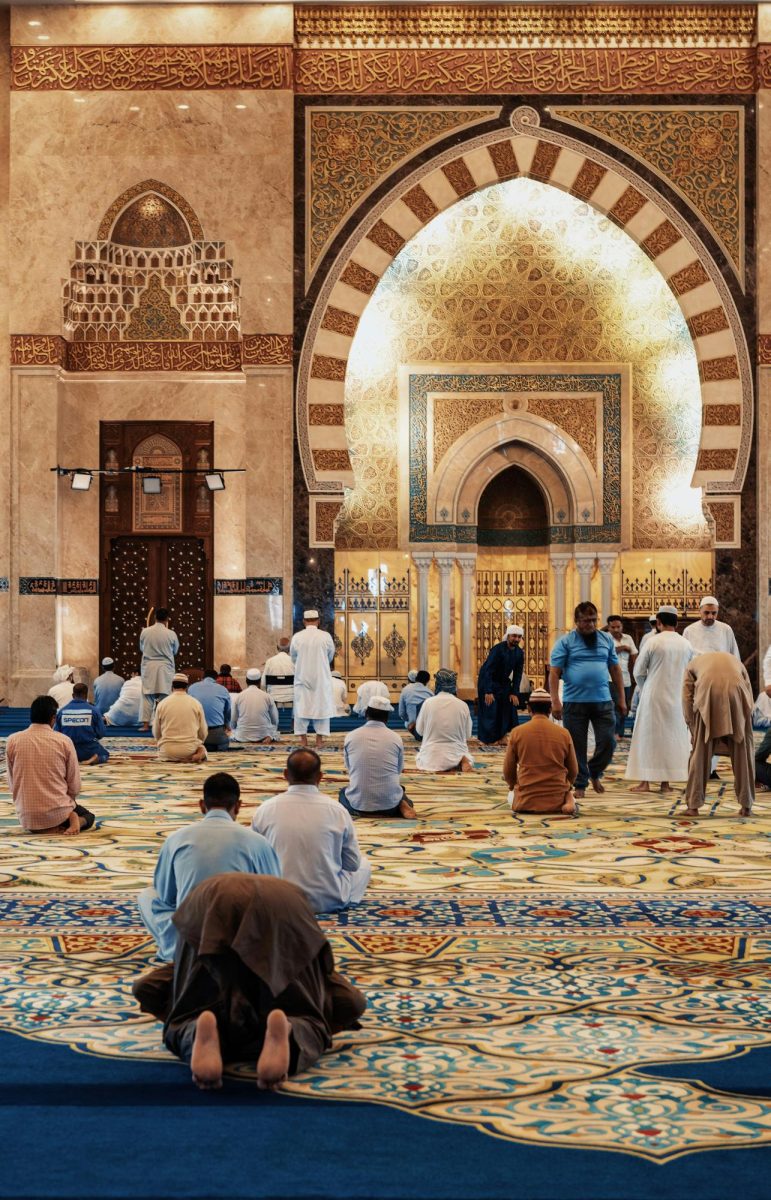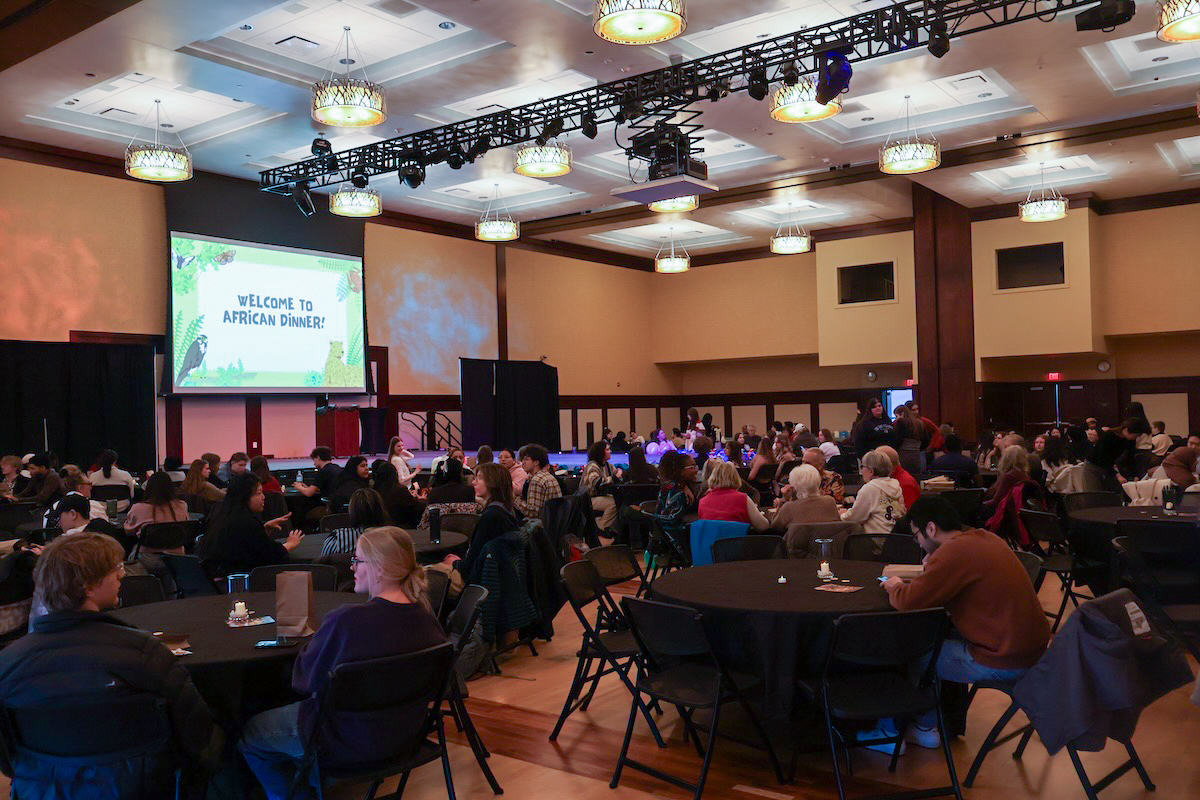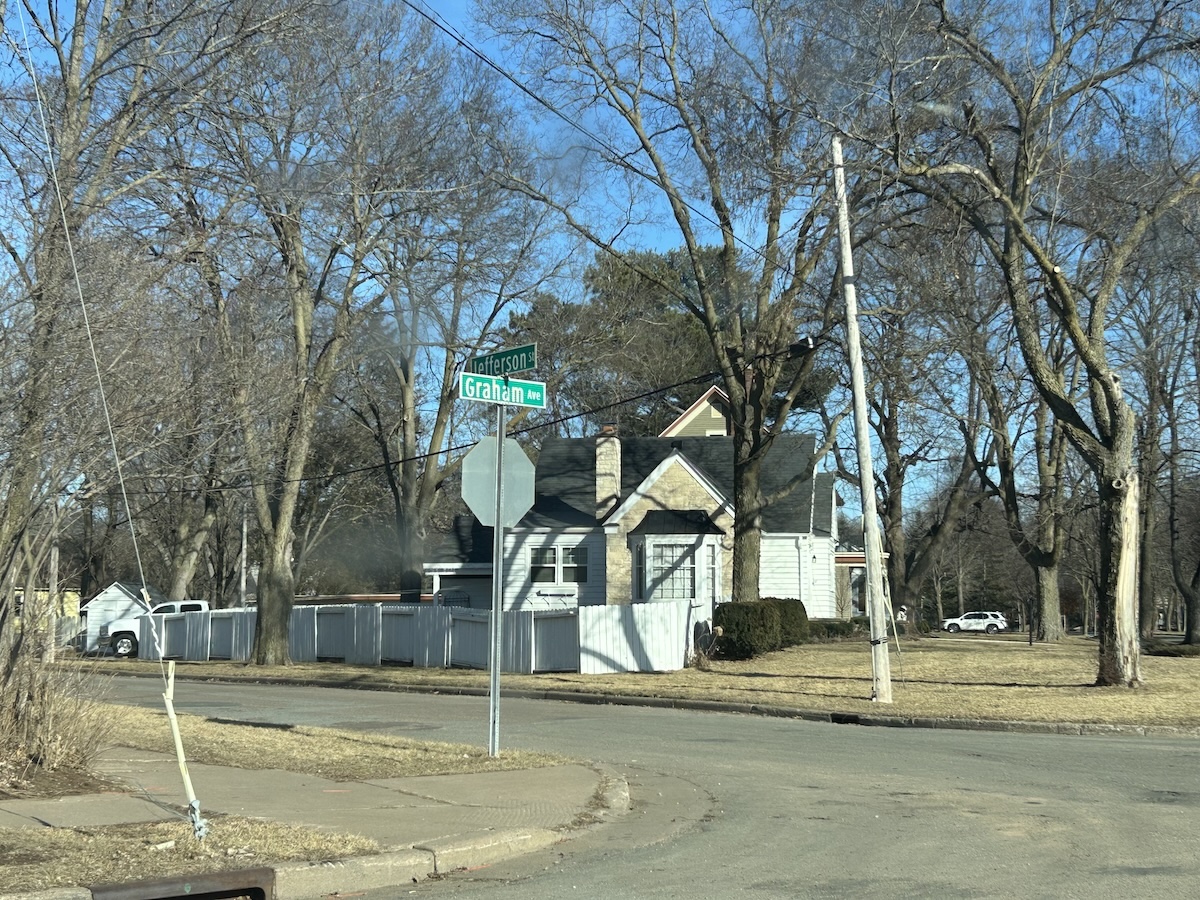Since the start of the Egyptian protest against its government earlier this year, news stations worldwide have flocked to the Middle East for coverage. Familiar organizations like CNN, The New York Times and USA Today have seemed the most popular news medium chosen by students on campus to stay informed of the ongoing clash.
As of last Tuesday, however, Al-Jazeera — the worldwide Arab news organization stationed in Qatar — became available for students to view in the Locust Lounge of the Davies Center. The coverage is being made available on a large flat screen TV, which plays the broadcasts during the entire duration of the regular Davies hours.
“Students should be more aware of this conflict,” said Paul Kaldjian, associate professor of geography, who, with the help of LTS, organized for the news station to be televised on campus. “The goal is to make this more of a realization … to give people the opportunity to really see what’s going on.”
Kaldjian, who teaches courses on Middle Eastern geography and serves as a member of the Middle Eastern studies minor committee, believes Al-Jazeera is just what the campus needs to provide a more worldly perspective to its media options.
“(Al-Jazeera) is a very good news alternative,” he said. “The big picture here, I’d say, is that students can now have a broader variety of news available to them. Having an Arab news station available that’s covering a Middle Eastern event to the Arab world in an Arab perspective is certainly something worth taking advantage of — and really, (Al-Jazeera) has been doing a remarkable job.”
Kaldjian said the broadcasts have received mostly positive feedback from students.
“When I visited the lounge, it seemed like a lot of students were thankful for it,” he said. “Of course, there also appeared to be a number of disinterested students. But for the most part, the majority seemed at least somewhat intrigued.”
Senior Mandy Narverud believes the global news is a great step for the campus to take.
“I definitely think it’s beneficial,” she said. “I took a globalization class last year, and through all the material we read, I realized how skewed we can be by our media. Having a more worldly view of news events is the right addition for the university.”
Mohamed Elgindi, professor of mathematics, also believes the broadcast is beneficial for students. Elgindi moved to the United States from Egypt in 1980 — one year before President Mubarak stepped into power — but said he still frequents the Middle East for both business and family visits.
“This alternative coverage is important not only for students, but Egypt too,” he said.
The TV will remain stationed in Davies until coverage of Egypt dies down, Kaldjian said.
“The TV’s life will basically be based on coverage. Once (Al-Jazeera) goes back to its normal routine, it might be appropriate to take it down,” he said. “But as long as the emphasis stays on Egypt, I’d say it should stay up.”
The broadcasts, he said, will hopefully serve as a catalyst for students to demand more worldwide news to be available on campus.
“BBC would be great to see broadcasted around Davies,” he said.
Above all, Kaldjian said he’s pleased with how the coverage has helped change Middle Eastern stereotypes.
“The Middle East is so often characterized with these problematic generalizations,” he said. “But the protests — sans a few days, of course — have really shown the power in peace; that there really are peaceful ways to solve problems.”
Elgindi agrees.
“I was back in Egypt in January and noticed something seemed strange; there was corruption everywhere,” he said. “Honestly, 2011 put my pride of being Egyptian down … but these protests and peaceful demonstrations by the people have put it right back up again.”







